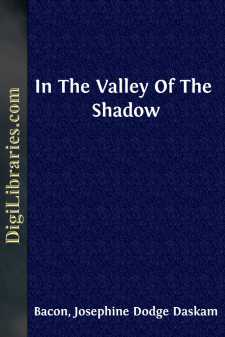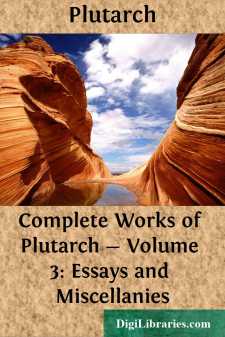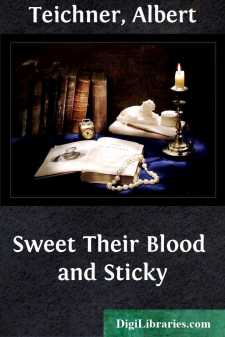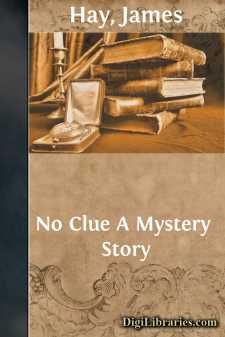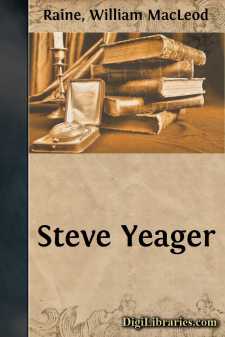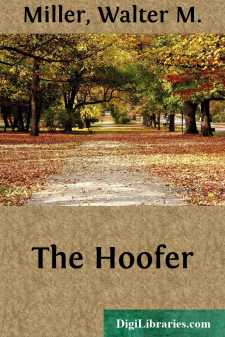Fiction
- Action & Adventure 180
- Biographical 15
- Christian 59
- Classics 6965
- Coming of Age 5
- Contemporary Women 3
- Erotica 8
- Espionage/Intrigue 12
- Fairy Tales, Folklore & Mythology 236
- Family Life 169
- Fantasy 117
- Gay 1
- General 596
- Ghost 32
- Historical 808
- Horror 43
- Humorous 160
- Jewish 25
- Legal 4
- Medical 22
- Mystery & Detective 315
- Political 49
- Psychological 41
- Religious 64
- Romance 159
- Sagas 11
- Science Fiction 730
- Sea Stories 113
- Short Stories (single author) 537
- Sports 10
- Suspense 1
- Technological 8
- Thrillers 2
- Urban Life 31
- Visionary & Metaphysical 1
- War & Military 173
- Westerns 199
Fiction Books
Sort by:
TO Belden, pacing the library doggedly, the waiting seemed interminable, the strain unnecessarily prolonged. A half-hour ago quick feet had echoed through the upper halls, windows had opened, doors all but slammed, vague whisperings and drawn breaths had hovered impalpably about the whole place; but now all was utterly quiet. His own regular footfall alone disturbed the unnatural stillness of a large...
more...
CHAPTER I. EILEAN AROS. It was a beautiful morning in the late July when I set forth on foot for the last time for Aros. A boat had put me ashore the night before at Grisapol; I had such breakfast as the little inn afforded, and, leaving all my baggage till I had an occasion to come round for it by sea, struck right across the promontory with a cheerful heart. I was far from being a native of these...
more...
by:
Leroy Scott
CHAPTER I It was an uninspiring bit of street: narrow, paved with cobble; hot and noisy in summer, reeking with unwholesome mud during the drizzling and snow-slimed months of winter. It looked anything this May after noon except a starting-place for drama. But, then, the great dramas of life often avoid the splendid estates and trappings with which conventional romance would equip them, and have their...
more...
by:
Plutarch
Epicurus's great confidant and familiar, Colotes, set forth a book with this title to it, that according to the tenets of the other philosophers it is impossible to live. Now what occurred to me then to say against him, in the defence of those philosophers, hath been already put into writing by me. But since upon breaking up of our lecture several things have happened to be spoken afterwards in...
more...
by:
Albert Teichner
The machine had stood there a long time. It was several hundred feet long and could run on a thimbleful of earth or water. Complete in itself, the machine drew material from the surrounding landscape, transmuting matter to its special purposes. It needed sugar, salt, water and many other things but never failed to have them. It was still working. And at the delivery end, where the packaging devices had...
more...
by:
James Hay
THE GREY ENVELOPE Catherine Brace walked slowly from the mantel-piece to the open window and back again. Within the last hour she had done that many times, always to halt before the mantel and gaze at the oblong, grey envelope that leaned against the clock. Evidently, she regarded it as a powerful agency. An observer would have perceived that she saw tremendous things come out of it—and that she...
more...
LONDON.—MILTON-CLUB DINNER. April 4th, 1856.—On Tuesday I went to No. 14 Ludgate Hill, to dine with Bennoch at the Milton Club; a club recently founded for dissenters, nonconformists, and people whose ideas, religious or political, are not precisely in train with the establishment in church and state. I was shown into a large reading-room, well provided with periodicals and newspapers, and found...
more...
CHAPTER I STEVE MAKES A MISTAKE Steve Yeager held his bronco to a Spanish trot. Somewhere in front of him, among the brown hill swells that rose and fell like waves of the sea, lay Los Robles and breakfast. One solitary silver dollar, too lonesome even to jingle, lay in his flatulent trouser pocket. After he and Four Bits had eaten, two quarters would take the place of the big cartwheel. Then would...
more...
by:
Horatio Alger
CHAPTER IJACK HARDING GETS A JOB"Look here, boy, can you hold my horse a few minutes?" asked a gentleman, as he jumped from his carriage in one of the lower streets in New York. The boy addressed was apparently about twelve, with a bright face and laughing eyes, but dressed in clothes of coarse material. This was Jack Harding, who is to be our hero. "Yes, sir," said Jack, with alacrity,...
more...
by:
Walter M. Miller
They all knew he was a spacer because of the white goggle marks on his sun-scorched face, and so they tolerated him and helped him. They even made allowances for him when he staggered and fell in the aisle of the bus while pursuing the harassed little housewife from seat to seat and cajoling her to sit and talk with him. Having fallen, he decided to sleep in the aisle. Two men helped him to the back of...
more...


